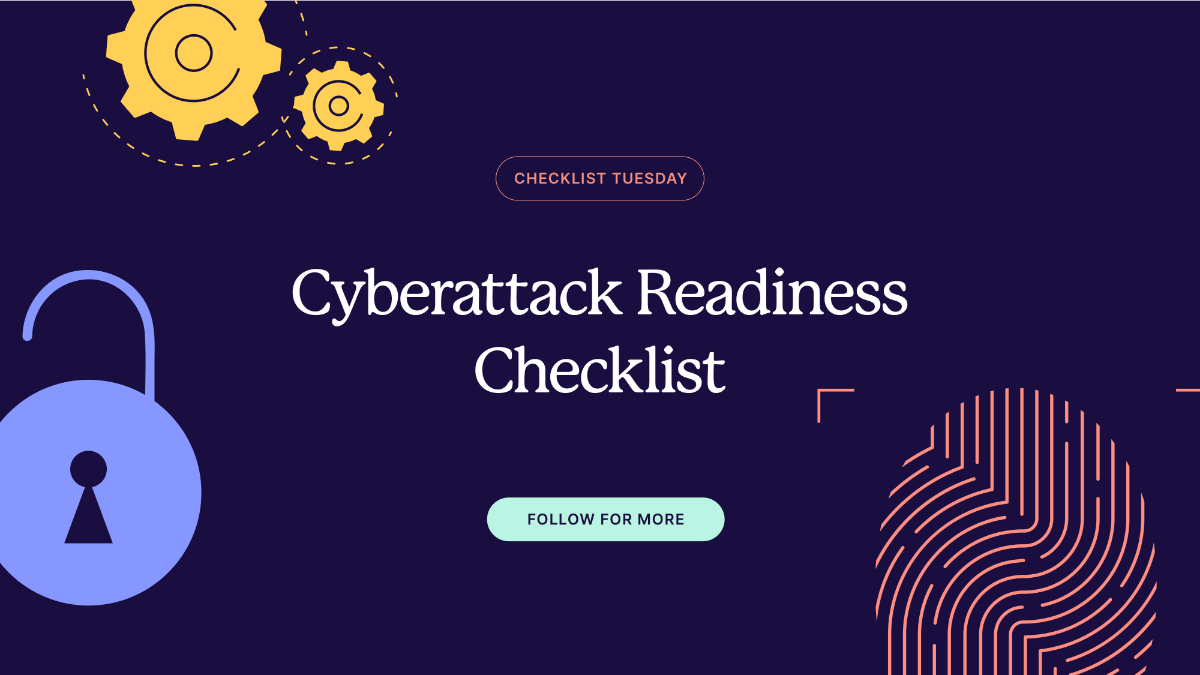Mark thought his Brisbane accounting firm’s website was secure. He had strong passwords, regular backups, and even paid for premium security software. But when his site was compromised and client data was stolen, the attack vector shocked him: a forgotten contact form plugin that hadn’t been updated in 18 months.
The hackers didn’t need to break down the front door. Mark had unknowingly left them a key through an outdated plugin with a known security vulnerability.
This scenario plays out across Brisbane daily. Small business owners focus on obvious security threats whilst overlooking the hidden backdoors that plugins create. With 78% of WordPress security breaches originating from plugin vulnerabilities, outdated plugins represent the single biggest threat to Brisbane SMB websites.
The Plugin Security Crisis Facing Brisbane Businesses
WordPress powers 65% of Brisbane SMB websites, and the average business site runs 20-25 plugins. Each plugin is a potential entry point for cybercriminals, yet most Brisbane business owners treat plugin updates as optional maintenance rather than critical security measures.
The Stark Reality:
- 78% of WordPress hacks exploit plugin vulnerabilities
- Average Brisbane SMB runs 23 plugins (23 potential attack vectors)
- Plugin updates ignored for an average of 4.7 months
- Security patches available but not applied to 67% of vulnerable plugins
Why Brisbane Businesses Fall Into the Plugin Trap:
The “Set and Forget” Mentality Most plugins work fine after installation, creating a false sense of security. Business owners install plugins for specific functions then never think about them again until problems arise.
Update Anxiety Many Brisbane SMBs avoid plugin updates, fearing they’ll break their website or cause compatibility issues. This fear keeps them running vulnerable software for months or years.
Plugin Proliferation Websites accumulate plugins over time. That contact form from 2019, the social media widget that’s no longer used, or the SEO plugin that was replaced but never removed – all creating unnecessary security risks.
How Plugin Vulnerabilities Work: The Technical Reality
Understanding how plugin attacks work helps Brisbane business owners grasp the urgency of proper plugin management.
Common Plugin Attack Vectors:
SQL Injection Attacks Poorly coded plugins can allow hackers to inject malicious code into your database, potentially accessing customer information, financial records, or sensitive business data.
Cross-Site Scripting (XSS) Vulnerable plugins can be exploited to inject malicious scripts that steal user sessions, redirect visitors to malicious sites, or deface your website.
File Upload Vulnerabilities Plugins that handle file uploads without proper security can allow hackers to upload malicious files directly to your server, giving them complete control.
Authentication Bypass Some plugin vulnerabilities allow attackers to bypass login requirements entirely, gaining administrative access to your website without needing passwords.
Remote Code Execution The most dangerous vulnerabilities allow hackers to execute any code they want on your server, potentially taking complete control of your website and server.
The Real Cost of Plugin Security Breaches
Plugin-based attacks don’t just cause technical problems – they create business disasters that can destroy Brisbane SMBs.
Immediate Financial Impact:
- Emergency cleanup costs: $8,000-$25,000 for professional malware removal
- Data breach notifications: Legal requirements can cost $5,000-$15,000
- Downtime losses: $500-$2,000 per day for typical Brisbane service businesses
- Ransom demands: Increasingly common, ranging from $1,000-$50,000
Long-Term Business Consequences:
- Customer trust destruction: 67% of customers won’t return after a security breach
- Legal liability: Potential lawsuits from affected customers or partners
- Regulatory fines: Privacy violations can result in significant penalties
- Insurance premium increases: Cyber insurance becomes more expensive after breaches
Competitive Damage: While you’re dealing with security crises, Brisbane competitors are capturing your customers and building market share.
The Most Dangerous Plugin Categories
Some types of plugins create higher security risks than others. Brisbane businesses should pay special attention to these high-risk categories:
Contact and Form Plugins These handle user input and are frequent targets. Popular plugins like Contact Form 7, Gravity Forms, and WPForms have all had security vulnerabilities.
E-commerce Plugins WooCommerce and similar e-commerce plugins handle sensitive payment and customer data, making them prime targets for cybercriminals.
SEO Plugins Plugins like Yoast, RankMath, and All in One SEO have extensive access to your website, making vulnerabilities particularly dangerous.
Social Media and Sharing Plugins These plugins often include JavaScript that can be exploited for cross-site scripting attacks.
Backup and Security Plugins Ironically, security plugins themselves can become vulnerabilities if not properly maintained and updated.
Page Builder Plugins Popular builders like Elementor, Divi, and Visual Composer have had serious vulnerabilities that affected millions of sites.
Plugin Security Best Practices for Brisbane SMBs
1. Implement a Plugin Audit and Cleanup Strategy
Regular Plugin Audits:
- Monthly review of all installed plugins
- Remove plugins that are no longer actively used
- Research security track records before installing new plugins
- Monitor plugin update frequencies and developer support
The 80/20 Rule: Most websites use only 20% of their installed plugins regularly. Remove the 80% that add security risk without providing value.
2. Establish a Proper Update Management System
Staging Environment Testing: Never update plugins directly on your live website. Test all updates on a staging site first to identify potential conflicts or issues.
Update Schedule:
- Security updates: Within 24-48 hours of release
- Major updates: Within 1 week after testing
- Feature updates: Monthly during scheduled maintenance windows
Backup Before Updates: Always create complete backups before applying plugin updates, allowing quick restoration if problems occur.
3. Choose Plugins Wisely
Developer Reputation Research:
- Choose plugins from established, reputable developers
- Check update frequency and developer responsiveness
- Read reviews focusing on security and support quality
- Verify active development and regular security patches
Plugin Selection Criteria:
- Regular updates within the past 3 months
- Active support and development team
- Strong security track record
- Compatibility with current WordPress version
- Good documentation and user reviews
4. Monitor Plugin Vulnerabilities
Security Monitoring Tools:
- WordPress security scanners that check for known vulnerabilities
- Email alerts for security updates to installed plugins
- Regular security audits by professionals
- Monitoring services that track plugin security issues
Vulnerability Databases: Subscribe to WordPress security newsletters and vulnerability databases to stay informed about newly discovered plugin security issues.
Advanced Plugin Security Strategies
1. Web Application Firewalls (WAF)
Implement WAF solutions that can block malicious requests before they reach vulnerable plugins, providing an additional security layer.
2. Plugin Sandboxing
Where possible, limit plugin permissions and access to only what’s absolutely necessary for functionality.
3. Code Review and Security Auditing
For critical business websites, consider professional security audits that include plugin code review and vulnerability assessments.
4. Automated Security Monitoring
Implement monitoring solutions that continuously scan for malware, unauthorised changes, and suspicious activity related to plugin exploits.
Brisbane-Specific Plugin Security Considerations
Local Business Plugin Needs: Brisbane SMBs often use specific plugins for local SEO, Australian payment gateways, and local directory integrations. Ensure these regional plugins receive the same security attention as mainstream options.
Compliance Requirements: Australian Privacy Principles and local regulations may require specific security measures for plugins that handle customer data.
Time Zone Considerations: Plugin updates often release during US business hours. Brisbane businesses should establish update schedules that account for time zone differences and local business hours.
The Plugin Security Action Plan
Immediate Security Audit (This Week):
- List all installed plugins on your website
- Check update status for each plugin
- Research any plugins you don’t recognise or remember installing
- Remove unused plugins immediately
- Update all plugins with available security patches
Establish Ongoing Management (This Month):
- Set up staging environment for safe plugin testing
- Create update schedule and assign responsibility
- Implement security monitoring for plugin vulnerabilities
- Document all plugins and their purposes
- Establish backup procedures before updates
Long-Term Security Strategy (Next Quarter):
- Professional security audit including plugin assessment
- Implement comprehensive monitoring and alerting systems
- Develop incident response plan for plugin-based breaches
- Regular security training for team members who manage the website
Don’t Let Plugins Become Your Business’s Achilles’ Heel
Plugin vulnerabilities represent one of the most overlooked yet dangerous threats facing Brisbane SMBs. While you focus on running your business, outdated plugins are quietly creating backdoors for cybercriminals.
The businesses that take plugin security seriously aren’t just protecting their websites – they’re protecting their customers, their reputation, and their future. In Brisbane’s competitive marketplace, a single security breach can destroy years of hard work and customer trust.
Ready to eliminate your plugin security risks? Greenhat Services specialises in comprehensive WordPress security for Brisbane SMBs. We understand the local business landscape, know which plugins Brisbane businesses commonly use, and have the expertise to secure your website without disrupting your operations.
Your plugins should power your business, not expose it to criminals.
About Greenhat Services We’ve been securing Brisbane business websites for 20 years, with particular expertise in WordPress and plugin security management. Our comprehensive approach has helped hundreds of local SMBs eliminate plugin vulnerabilities whilst maintaining the functionality they need to grow their businesses. Learn more about our WordPress security services at https://www.greenhat.net.
Get your free plugin security audit today.
We'll review every plugin on your website, identify vulnerabilities, and provide a detailed security roadmap to protect your business from plugin-based attacks.








